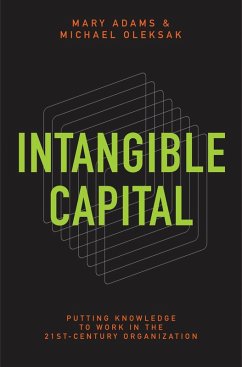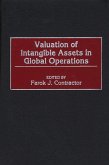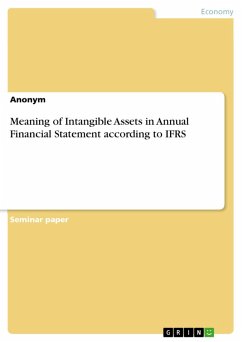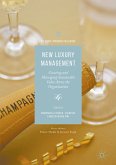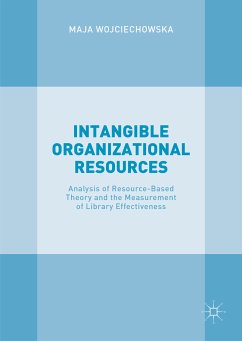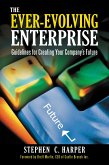A practical guide to leveraging hidden knowledge intangibles to fuel growth and innovation and add value to your business.
Intangible Capital: Putting Knowledge to Work in the 21st-Century Organization is for every manager struggling to succeed and innovate in today's knowledge-based economy. This must-have handbook helps businesspeople build smarter, more successful companies by maximizing the knowledge that is already inside their organizations.
Most businesspeople have heard of the growing importance of knowledge workers, information technology, innovation, networks, reputation, and performance management. Like no other guidebook, Intangible Capital shows how each of these trends fit into an overall discipline of intangibles management. The book takes the ten basic building blocks of traditional, industrial-era businesses and defines their knowledge-era equivalents-intangibles as the new raw material, intellectual capital (IC) as the new production line, IC assessment as the new balance sheet, and networks as the new organizational chart. This approach provides a clear road map for managers adapting to the realities of business today, one that helps translate the new world of the knowledge-based economy into understandable terms and ready-to-implement ideas.
Intangible Capital: Putting Knowledge to Work in the 21st-Century Organization is for every manager struggling to succeed and innovate in today's knowledge-based economy. This must-have handbook helps businesspeople build smarter, more successful companies by maximizing the knowledge that is already inside their organizations.
Most businesspeople have heard of the growing importance of knowledge workers, information technology, innovation, networks, reputation, and performance management. Like no other guidebook, Intangible Capital shows how each of these trends fit into an overall discipline of intangibles management. The book takes the ten basic building blocks of traditional, industrial-era businesses and defines their knowledge-era equivalents-intangibles as the new raw material, intellectual capital (IC) as the new production line, IC assessment as the new balance sheet, and networks as the new organizational chart. This approach provides a clear road map for managers adapting to the realities of business today, one that helps translate the new world of the knowledge-based economy into understandable terms and ready-to-implement ideas.

